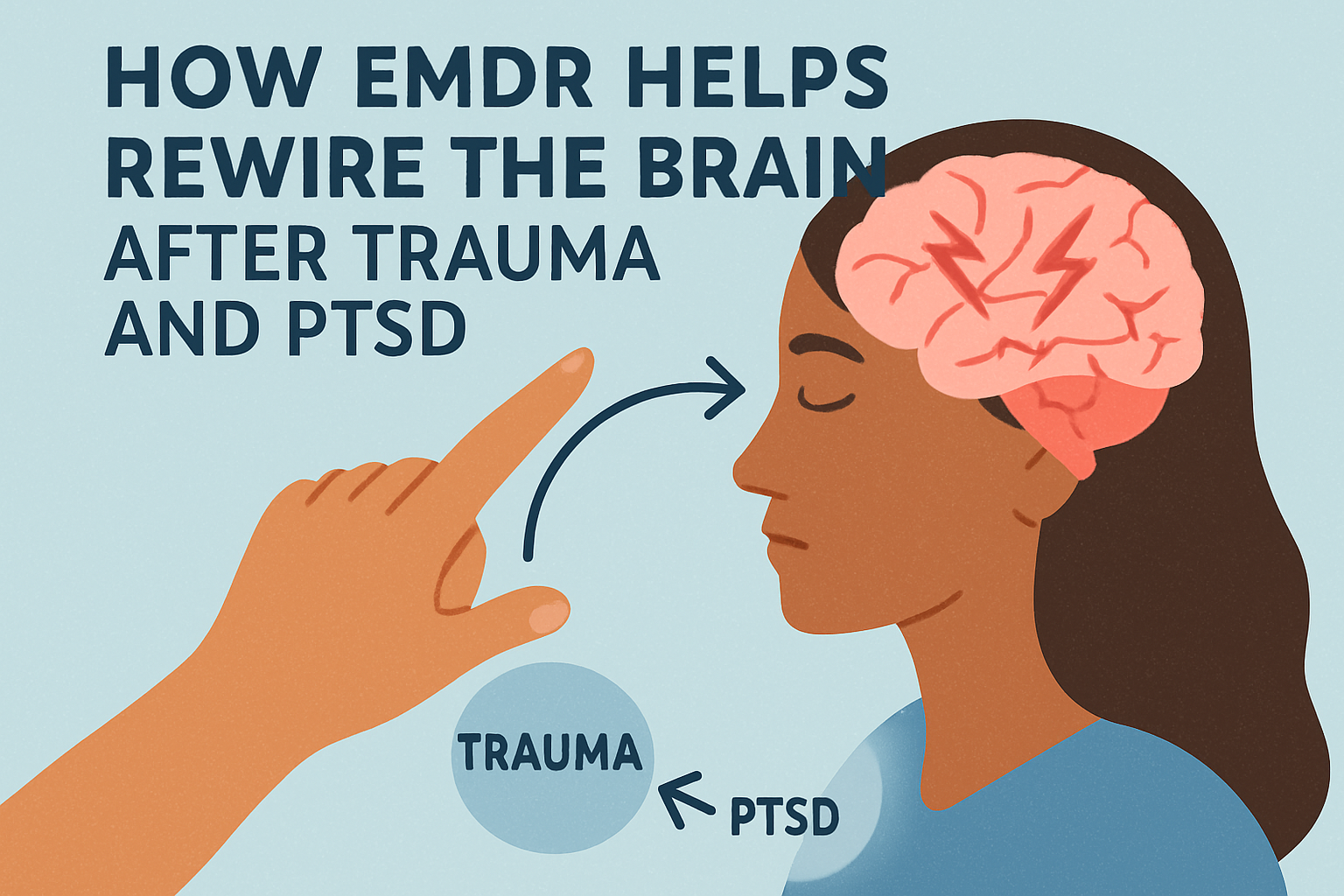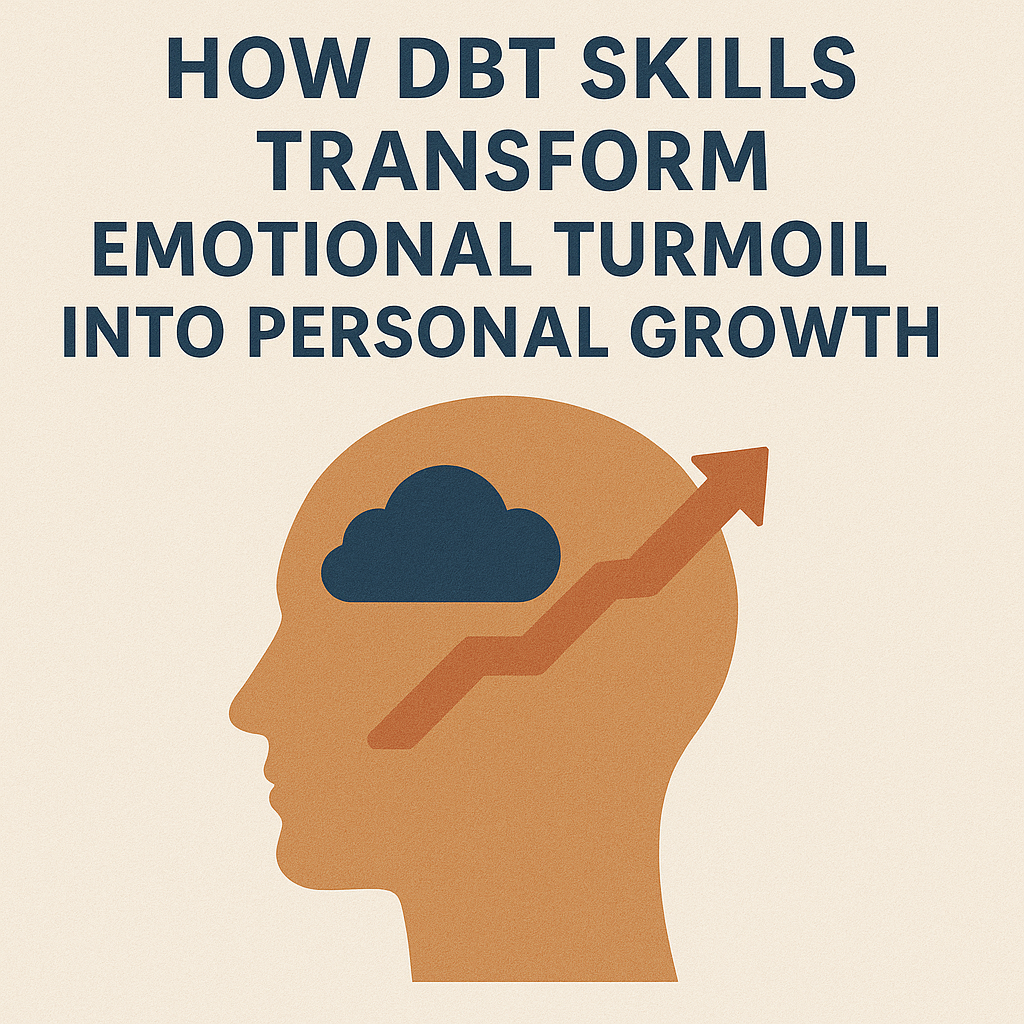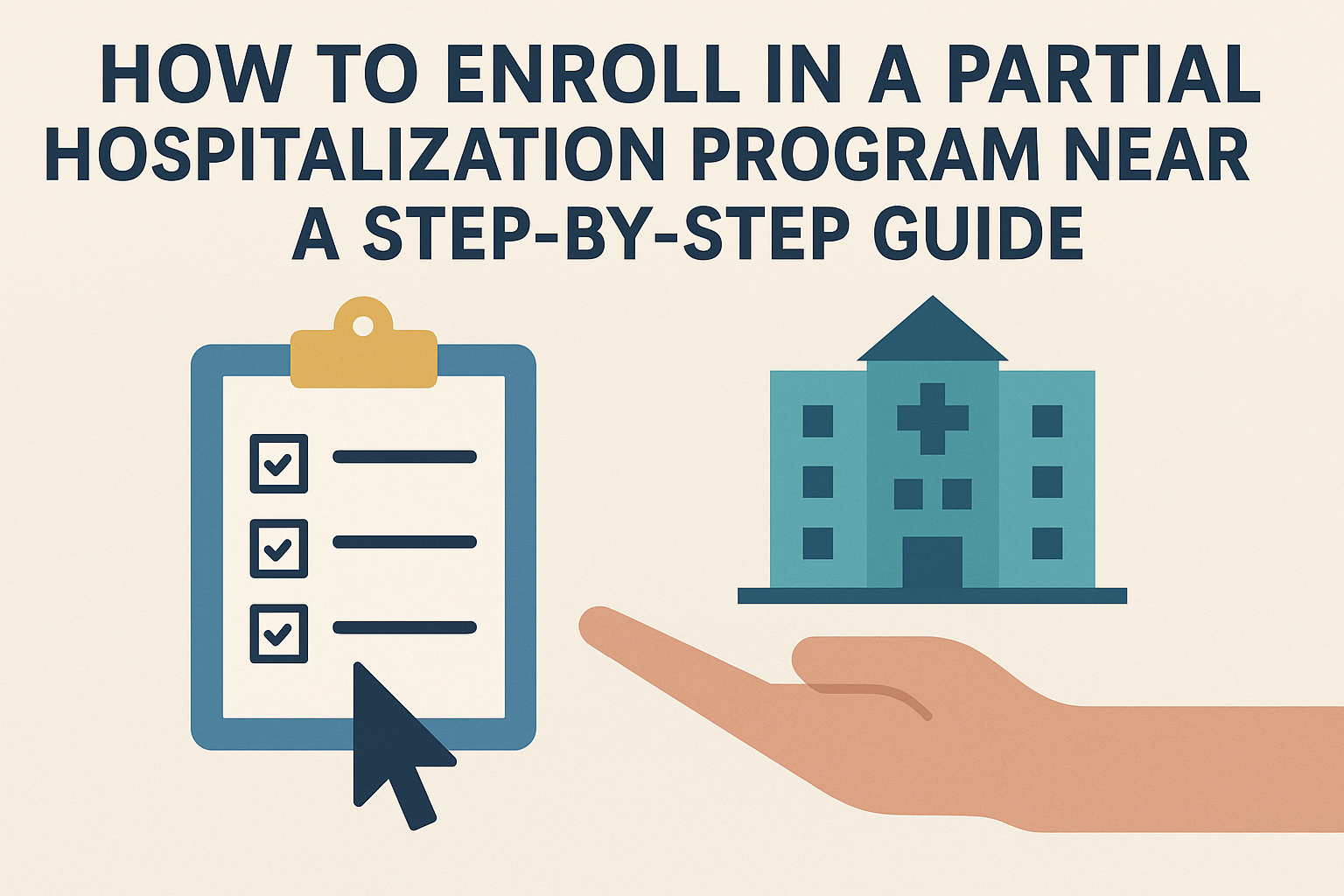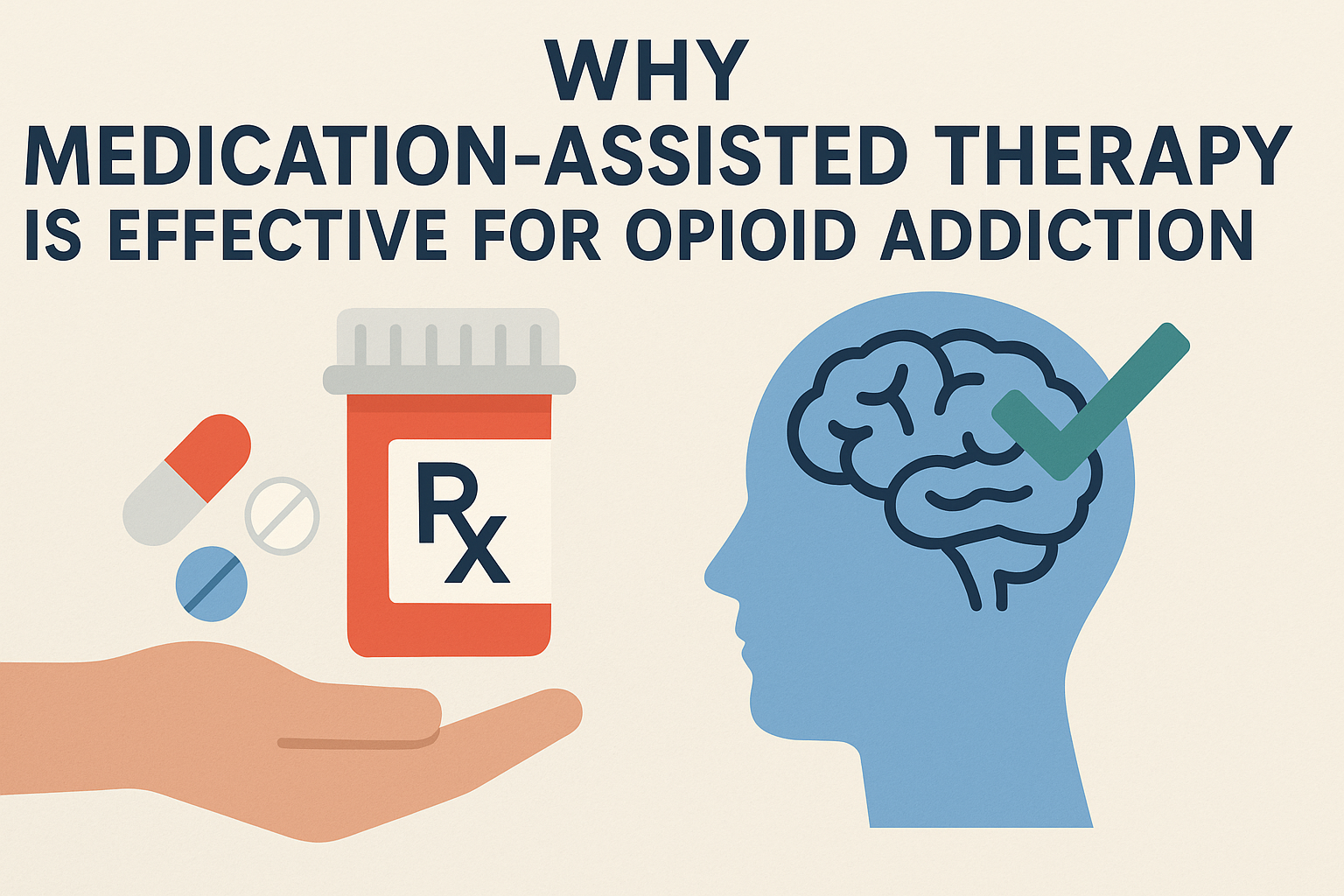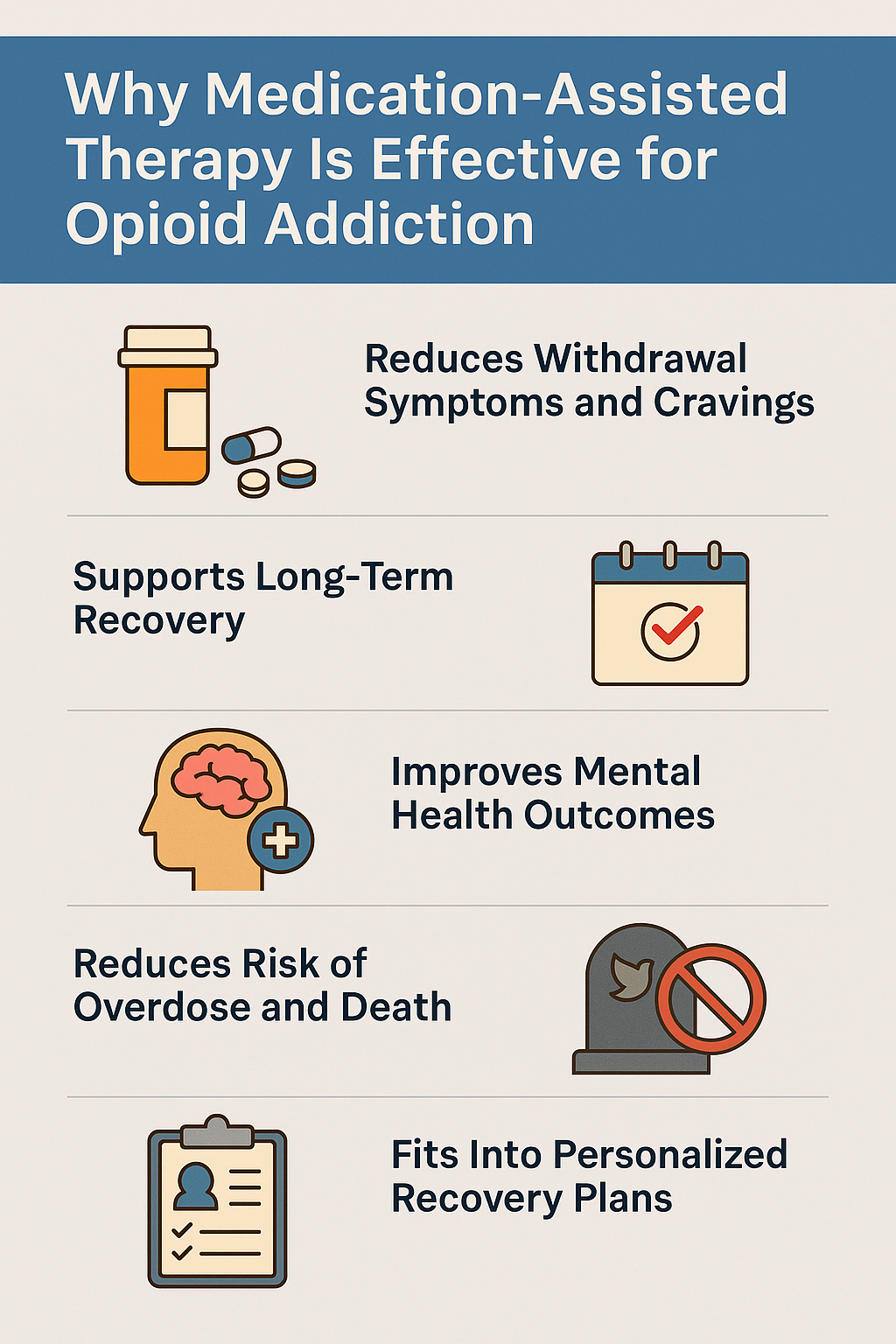How DBT Helps You Cope with Strong Emotions in Recovery
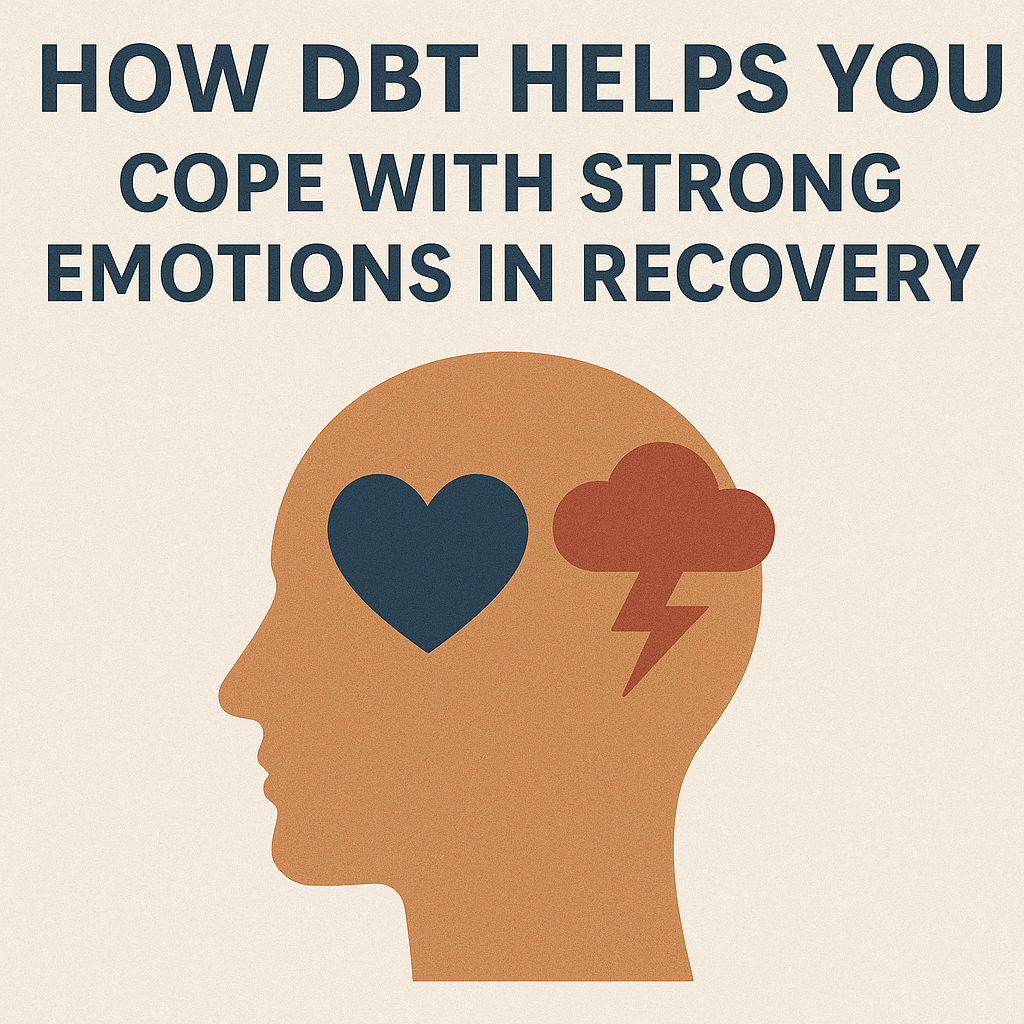
Strong 8k brings an ultra-HD IPTV experience to your living room and your pocket.
There’s a moment in recovery when everything feels heavier than expected. You’ve made it through the hardest part maybe detox, maybe the initial crash after letting go of an addictive habit but then the emotions start rolling in. Not just sadness or stress, but intense waves of anger, shame, or anxiety. If this sounds familiar, you’re not alone. And more importantly, you’re not powerless.
Dialectical Behavior Therapy, or DBT, is a proven method that helps you face these emotional surges with skill, not fear. I’ve seen firsthand how DBT can shift the emotional tide in recovery and you can too.
What Is DBT and Why Does It Work?
DBT was originally developed by Dr. Marsha Linehan to treat borderline personality disorder, but its real-world application has grown far beyond that. It’s now widely used in addiction recovery because it teaches something we all need: emotional regulation.
Unlike traditional talk therapy, DBT focuses on skills training. It gives you practical tools to deal with distress, communicate better, and stay grounded. One of its most powerful features is the balance it teaches between acceptance and change a concept that feels especially meaningful in recovery.
“People need to feel accepted as they are and encouraged to change.” Marsha Linehan
The Emotional Rollercoaster of Recovery
In recovery, emotions tend to hit hard and fast. That’s partly because substances often dull our feelings. Once they’re gone, the emotional floodgates open. You might feel like you're suddenly raw and exposed.
Guilt from the past. Anxiety about the future. Frustration at your current situation. All valid. But overwhelming.
That’s where DBT comes in it doesn’t ask you to get rid of these emotions. It helps you cope with them in healthy ways.
Core DBT Skills That Support Emotional Stability
DBT is structured around four key skill sets, and each one plays a role in emotional coping during recovery:
1. Mindfulness
You learn how to be present in the moment without judgment. This is huge for anyone who used to escape through substances. Mindfulness teaches you to observe your emotions without letting them dictate your actions.
2. Distress Tolerance
Instead of reacting to pain by numbing out, you gain tools to survive emotional crises. Think of this as your emergency kit for when things feel out of control.
3. Emotion Regulation
This helps you understand where your emotions come from and how to manage them. With practice, you’ll notice your reactions becoming less impulsive and more intentional.
4. Interpersonal Effectiveness
Recovery isn’t just about you it’s also about the relationships around you. This skill helps you communicate more clearly and assertively, especially when emotions are running high.
Real Change Comes from Practice
Like anything meaningful, DBT takes practice. You won’t master these skills overnight, and that’s okay. What matters is consistency. Many recovery programs offer group DBT sessions where you can learn and apply these skills in a safe, supportive environment.
And the best part? These tools aren’t just for now. They’re lifelong. Whether it’s managing stress at work or navigating a difficult conversation with a loved one, DBT equips you for the long game.
If you're looking for professional support, it's worth searching for DBT near me to find programs that specialize in this form of therapy and integrate it with addiction treatment.
Evidence-Based and Backed by Research
DBT isn’t just trending it’s supported by solid science. According to research published by the National Library of Medicine, DBT has been shown to significantly reduce emotional dysregulation and improve treatment outcomes for individuals struggling with substance use disorders.
This research backs up what many people already know from experience: DBT doesn’t just make life more manageable it makes recovery more sustainable.
Final Thoughts
Recovery is not about avoiding emotions it’s about learning how to live with them, fully and honestly. DBT offers a roadmap for doing just that. Whether you’re newly sober or navigating the deeper layers of healing, these skills give you the power to respond to life, not just react to it.
It’s okay to feel intensely. What matters is how you move through those feelings. With DBT, you’re not just surviving recovery you’re growing through it. Keep going. The strength you’re looking for is already within you DBT just helps you unlock it.
Note: IndiBlogHub features both user-submitted and editorial content. We do not verify third-party contributions. Read our Disclaimer and Privacy Policyfor details.



